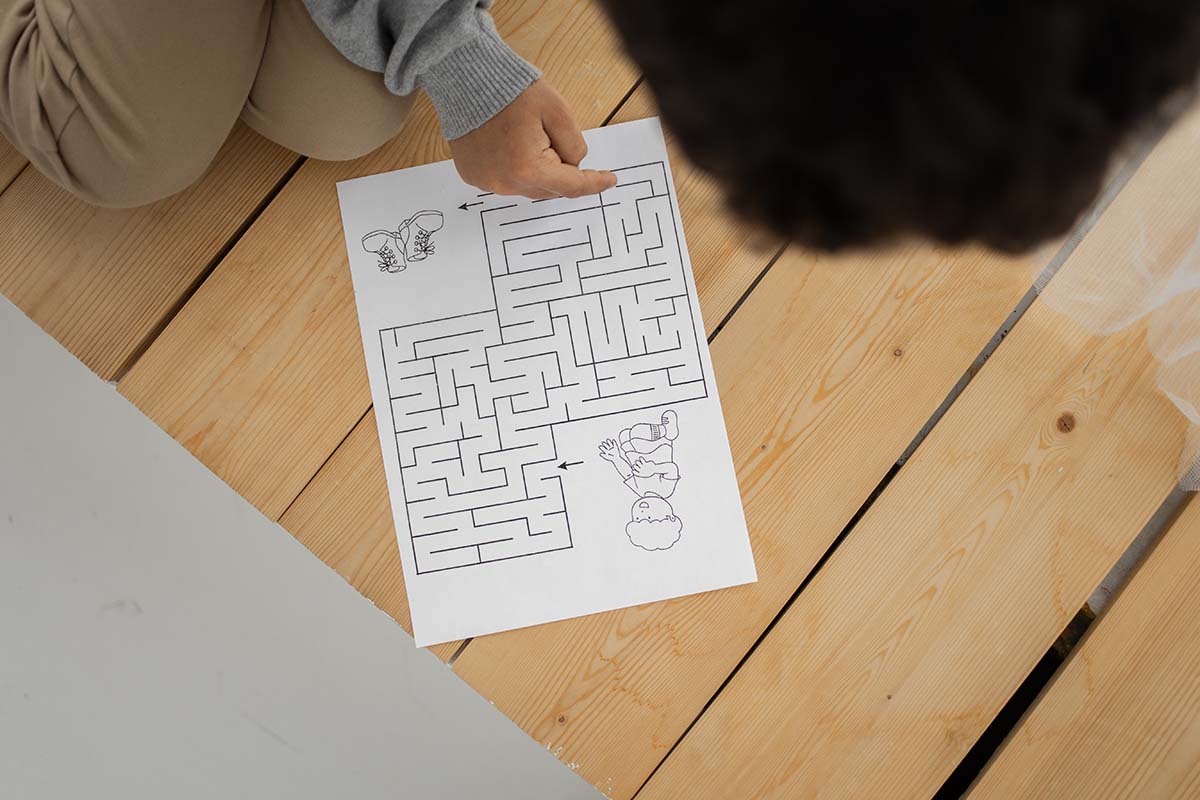Tips To Improve Your Child’s Learning Ability
Learning is a continuous process that helps a person grow intellectually, psychologically, and socially. Every loving parent desires to see their children succeed in academics and other scholarly activities and even beyond.
The great news is, there are several ways to hone your child’s learning and intellectual ability and assist them in developing the motivation, comprehension, and attention they need to improve their learning ability.
As a parent, you have a vital role to play as you support the efforts of teachers and ensure that your children live up to their full potential. But how can you achieve this? Where do you start from? Here are a few tips you can use to kickstart your child’s learning ability.
Make learning as easy as possible for your child
Whether your little one is a protege in a field, is struggling to get the grips on a subject, or has learning disabilities, it is crucial to provide the needed tools, materials, and environment that make it easier for them to learn. Although teachers are trained to offer your child assistance in the classroom, the process doesn’t end there, so you need to do your part after school.
An effective way to improve a child’s learning skills is to give your child some relevance regarding academic studies. For example, while assisting your child to do their homework, you can look for some fun learning tricks that will make it easier for them to engage.
Something as simple as making them their favorite sandwich or giving them a slice of cake during study can quickly make them look forward to the next study time. Aside from helping your child at home, you can also provide them with some study aid materials like school headphones they can use at school.
Find your child’s learning process 
The learning process differs among children as they may have preferred ways to grasp and process information. This is usually why your after-school assistance is needed, as the school environment may not provide this learning style. So, how can you figure out which learning or teaching style works well for your kids? You can do so by asking them how they would prefer learning a subject.
You can also figure out their preferred style by introducing various topics and issues in different teaching styles and seeing which one your child relates better. This isn’t to say that you leave your child without direction and merely do what they want. Instead, you are acquiring more information to implement strategies that would help improve their learning.
Improve child’s learning ability: support your child’s critical thinking capacity
Critical thinking involves the ability to carefully analyze a study topic in a way that allows for thorough comprehension. To help your child improve their critical thinking capacity, you should find ways to teach them how to analyze any situation by breaking down scenarios into smaller and easily understandable parts.
This ability helps your child create and sustain logical arguments and link them to appropriate evidence and sources. An effective way to support critical thinking is to give your child projects that require them to group various items under proper heads and explain the similarities and differences between the different groups or classes.
Improve your child’s depth of processing
Another element to consider when improving your child’s learning process is their ability to process and retain information. Information retention comes naturally to some children, while other kids can struggle to memorize information.
If you notice your little one falls in the latter category, one way to help them improve their memorization ability is to organize notes in ways your child finds familiar. For example, you can try rewriting their class notes, as doing so can help store the information in the brain.
You can also try listing the points you find important or even turn them into acronyms that are easy to remember. The easier it is for your child to memorize and recollect, the better their ability to process. You can also take advantage of memory-boosting games like puzzles, as well as other games that can help sharpen your child’s memory.
Harness their imaginative abilities
You’ve probably heard that a picture is worth a thousand words, which is especially true for improving children’s learning ability. A simple way to harness this power is to encourage your child to visualize something or imagine a picture of something they have read or heard.
Next, ask them to represent what they imagine on paper in drawing or art form. Doing this over and over can help hone your child’s visualization skills and ability to describe images or things without looking at them.
Improve child’s learning ability: encourage open and sincere communication
Encourage your little one to be open about their academics. Let them feel comfortable enough to voice their opinion about what’s going on with their education. Let them feel free to tell you their concerns, likes, dislikes, struggles without fear of judgment.
When you disagree with their opinions, be sure not to write them off or make your child think those opinions don’t matter. As soon as they start feeling this way, they are more likely to disengage from learning and remain stuck.
A child can learn better when they can express their opinions freely without fearing judgment. Moreover, the more your child expresses their concerns, the more insight you get about the struggles and how best to help them.
Offer constructive feedback
While you need to encourage open and sincere communication, you should also ensure that you offer constructive feedback. Most children try to gain their parents’ validation for almost every task they do.
Your child wants to know how they’re doing and what you think about it. You can use constructive feedback as a way of teaching your child the right way to address an academic problem or any other problem for that matter.
Additionally, acknowledging your child’s effort will encourage them and build their self-esteem. The feedback they get from you at home can determine whether they’ll be bold to contribute in-class projects or shy away from participating. It can either build their self-respect or make them timid, hesitant, and nervous in class.



















